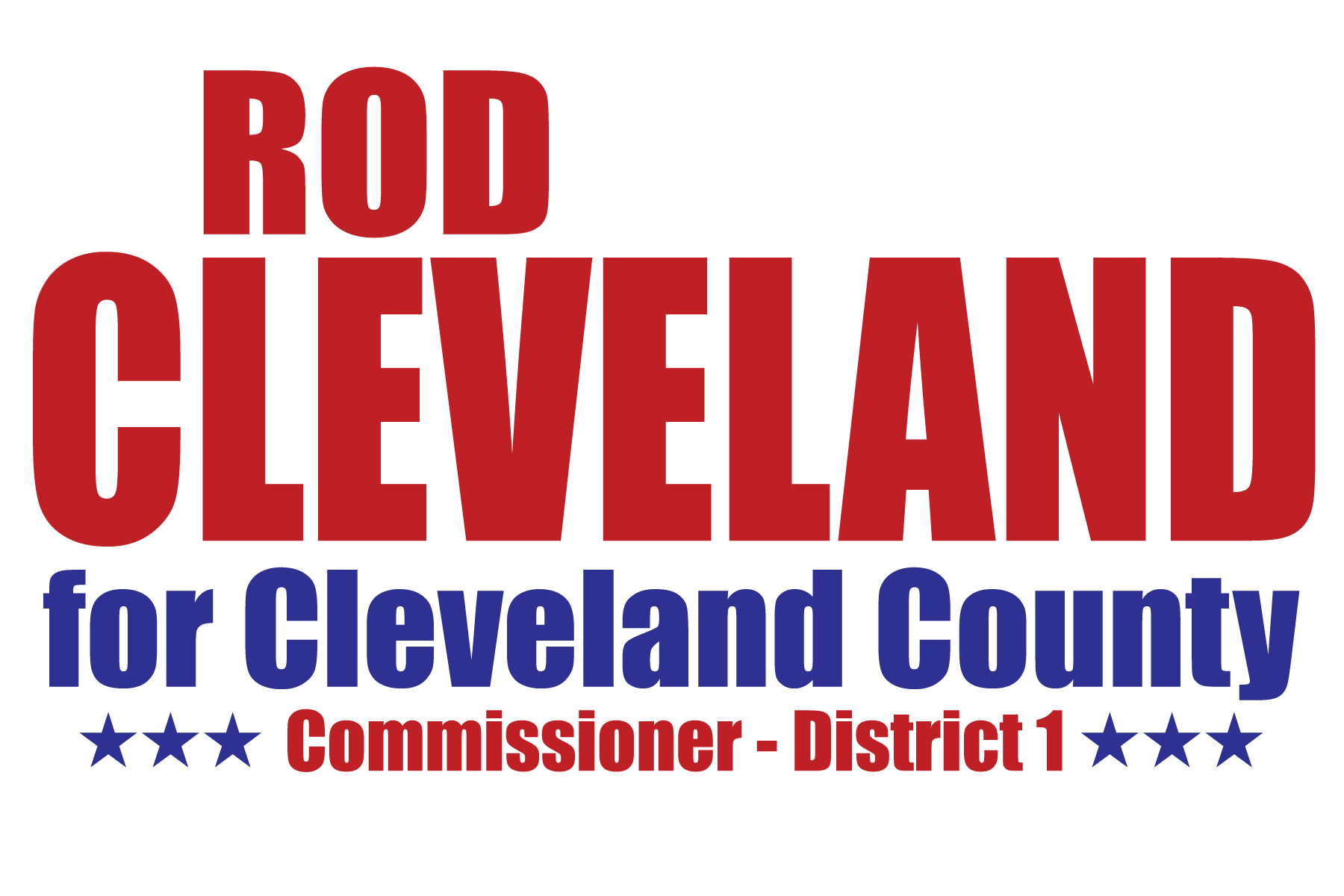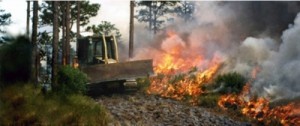Cleveland County commissioners, fire chiefs and city and town officials discuss fire protection for unincorporated areas.
BY JAMES S. TYREE Oklahoman 0 Published: November 23, 2010
NORMAN — When fire calls come in from unincorporated areas west of Norman and south of Moore, it’s Oklahoma City that comes calling.
Redrawing the fire protection map is in order, fire chiefs, city and town officials and Cleveland County commissioners agreed Monday during the commissioners’ weekly meeting.
“The challenge is we want to provide the best fire response time,” said Stephen Willoughby, 911 division director with the Association of Central Oklahoma Governments. “Oklahoma City has to go across other cities to respond to these areas, and we want to get on the front edge of this before a fire comes up.”
Commissioner Rod Cleveland and Willoughby said the issue of which fire department covers which unincorporated area hasn’t been addressed at length in nearly 20 years. Some previously unincorporated areas have since been annexed which has led to the current configuration.
Oklahoma City, for instance, is still the first fire responder to two small unincorporated areas that are north of Indian Hills Road in Norman and a half-mile south of SW 34 Avenue in Moore. Oklahoma City also covers the area west of 72nd Avenue NW from Indian Hills Road south to the Canadian River.
Oklahoma City Fire Chief Keith Bryant said Moore and Norman have stations closer to those areas — especially the Moore-area ones — although Oklahoma City can continue to accommodate areas to the east.
Bryan said a future fire station planned along SE 149, near the former GM plant, and a current station at SE 104 and Peebly Road are or will be near unincorporated areas that bookend parts of Norman north of SE 164.
Moore City Manager Steve Eddy said while fire protection for all is vital, he will need clear-cut answers to explain to city council the financial impact on Moore residents for their firefighters to serve outside city limits on non-mutual aid calls.
Fire coverage was less of an issue for southern and rural districts; the main concern for places such as Noble and Slaughterville is reining in costs. Noble, a town of 13 square miles, spends a great deal of time and money on ambulance runs that can stretch to the Pottawatomie County border.
For rural volunteer districts such as Slaughterville, the problem is finding a better way to get compensated from residents who call upon firefighters.
The Association of Central Oklahoma Governments plans to have a meeting soon with fire, city and town officials to redefine the coverage map for fire departments and answer the questions of financial cost for city and county officials.
Read more: http://newsok.com/cleveland-county-fire-coverage-becomes-hot-topic/article/3516960#ixzz16ghuythT


as science fiction as it sounds state of Oklahoma, I believe that a technology company, could really create reversibility, literally speaking, against all disasters, even the most recent disasters there in Oklahoma, state of Oklahoma! I believe that the science fiction technology is there, to make a real type of technology, called reversibility, which then would not make a technology like that, so science fiction, state of Oklahoma. the technology to make reversibility happen, is already there in our own environments, so why aren’t we all using science fiction type of technologies like the technology of actual reversibility in our very own environments, to make reversibility technology against all disasters, real?! not so science fiction! cell phones are considered science fiction, yet most all of us have cell phones, don’t we?! cell phones are a strange type of science fiction, and yet, most all of us have these strange science fiction things, that we all call cell phones, don’t we?!